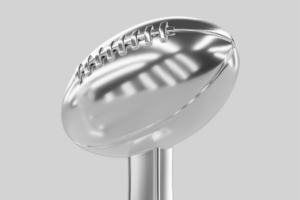Blood Clot FAQs – Drugs & Food Interactions
Does Coumadin interact with other drugs, including over-the-counter medications?
Many drugs interact with Coumadin. Ask your pharmacist to check any prescription or over-the-counter medication for such interactions. Recently, acetaminophen (Tylenol) was reported to increase the risk of bleeding among patients taking Coumadin. Antibiotics such as Bactrim cause a drastic increase in the INR/PT. You should generally not take any product containing aspirin, unless approved by your doctor.
Does diet affect the INR/PT reading?
Yes. Consuming foods high in Vitamin K will affect your INR/PT reading. Common foods containing vitamin K are leafy greens, broccoli, spinach and canola oil. You should eat approximately the same amount of these daily and your Coumadin dosage will be regulated to account for this. Most importantly, your diet should be consistent. Alert your doctor before you change your diet significantly.
Does alcohol affect the INR or PT reading?
Sometimes. Even when alcohol does not affect the PT/INR, it may increase the likelihood of bleeding. Binge drinking should always be avoided.
May I take vitamin E supplements while on Coumadin?
Vitamin E is a mild anticoagulant, and doses in excess of 400 units should be avoided.




